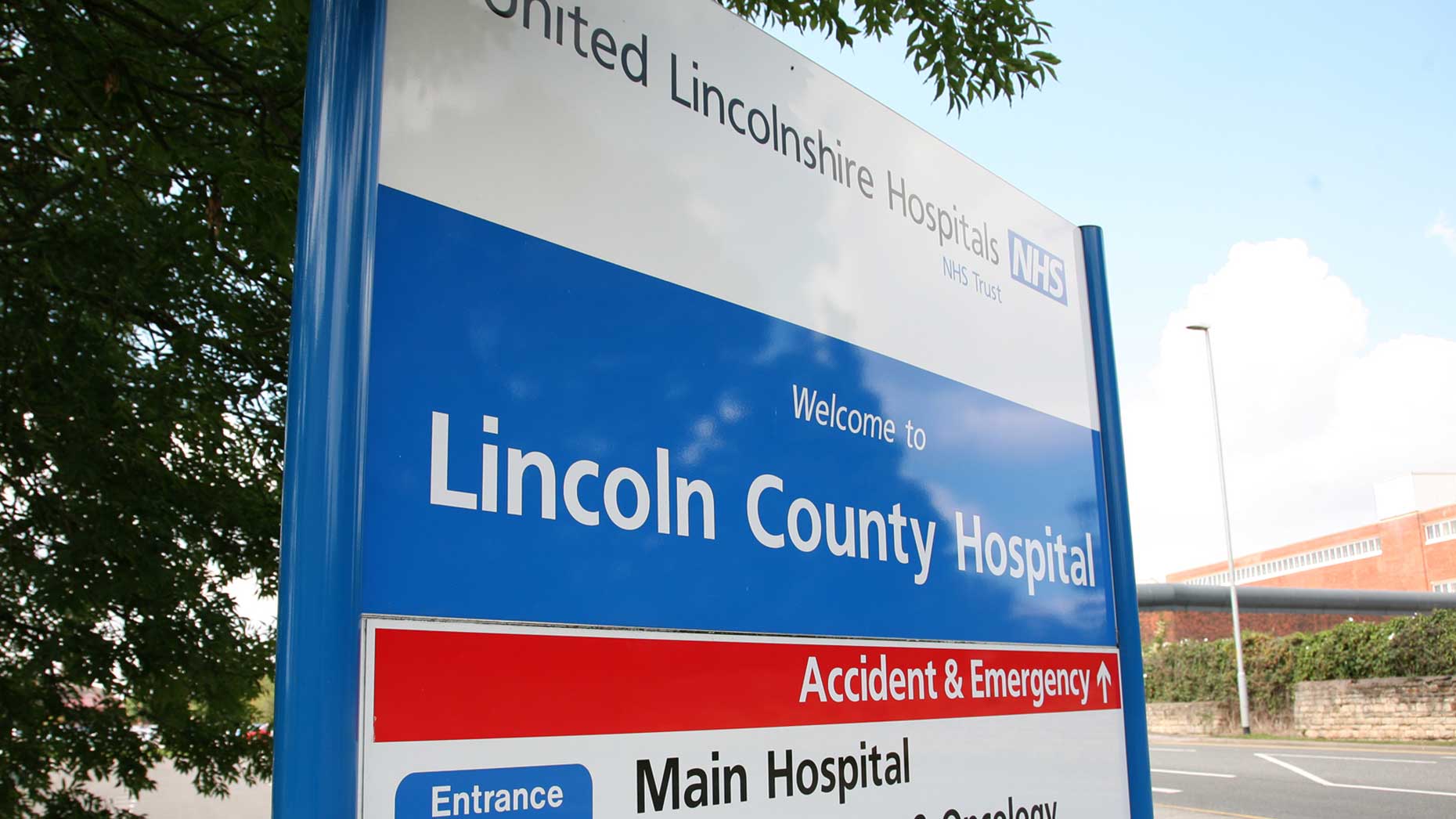Last week United Lincolnshire Hospitals Trust has had to issue an apology after the Trust’s Accident & Emergency Department (A&E) performance hit its lowest level of the year. Whilst the national standard for waiting times to be less than four hours until admission, treatment or discharge is 95%, Lincoln could only manage 64.2% in October. It has not reached the national standard since September 2014 and even at its best was only achieving 77%.
Director of Operations Simon Evans admitted that “performance was not where we want it to be,” but did say that they were seeing many more what they called “poorly” patients, including “winter bug” cases such as norovirus. This can only get worse if we have a difficult winter. NHS England said that generally speaking, there had been an increase in older and sicker patients attending A&E and this coincides with fewer patients being eligible for discharge.
However, if you look at figures, we are told that a total of 15,139 patients came through A&E across the county last month alone, compared with 13,996 at the same time last year. This an average of 488 patients PER DAY, or 20 an hour. Nationally, 2,170,510 people attended A&E departments.
It is not hard to see why it is becoming more and more difficult to cope.
The NHS is to an extent the victim of its own success in that people are living longer, but are developing conditions of age in numbers that would not have been seen previously, such as dementia and Alzheimer’s disease. Treatment options are growing all the time, but many are expensive and trusts just cannot afford to fully treat all those who might benefit from them. It is a real moral and ethical dilemma.
A lot of this is due to the interaction with other NHS services and other factors. The loss of significant numbers of local GPs is well documented. It is well nigh impossible to see a GP in less than weeks, never mind immediately. So, often, illnesses or injuries that could be easily treated if caught early become worse, becoming harder to treat and taking longer to recover from.
Many people cannot afford to be off work for any length of time, so are deterred by the appointment times and don’t even try to see a GP, going straight to A&E instead. For them, even an 8- hour wait is better than a 3 week one.
Employers could help in this by recognising the difficulties of getting appointments at convenient times so employees don’t have to feel guilty about time spent at doctor’s appointments. It could help avoid even longer time off later.
Serious and potentially fatal conditions go undiagnosed, with patients finally going to A&E when their symptoms can be ignored no longer and by then they need urgent treatment. As a clinical negligence solicitor, I often see such things as cancers that have become untreatable or need far more extensive treatment than they would have done for an early diagnosis.
GP surgery times often cannot accommodate those who work long or unsocial hours, so they turn up at A&E before or after work as well, often for fairly minor ailments which have been worrying them. If you need to see a GP, but can be flexible about when you attend, think about whether you could leave early or late appointments for those who have to work at certain times.
There are also a lot of people to be fair who should not only not be in A&E, but not at a GP either. Neither can cure your hangover! Colds also usually run their course, but those who already have certain conditions or who are elderly or very young could be an exception as they need to take care it doesn’t develop into something more serious.
The Lincolnshire health trust urges people to try alternatives such as local pharmacies or the Urgent Care Centre before A&E if they really can’t get to see a GP. They can often help with minor ailments and injuries.
In dealing with clinical negligence claims, I do seem to be seeing an increase in claims for delays where an existing condition has been made worse. I understand why, but the fact is that hospitals still need to reach the legal “reasonable standard of care” test for patients and they are failing in this, sometimes with devastating consequences.
I am not advocating that people should not try and be seen if they have an illness or a health concern — quite the opposite: they should be able to have good access to care and treatment. It is a vicious circle.
If illness and injury is not caught and treated early, then even more treatment is needed, plus the patient could then become eligible for legal compensation in addition. I am sure that our clients would have preferred to stay healthy rather than being awarded financial compensation to help them cope with injuries that shouldn’t have happened in the first place.
We can do our bit by considering when and where we seek treatment, but the NHS needs to be able to play its part as well when we do come for help.
— Brenda Gilligan is a Personal Injury Solicitor at Ringrose Law
Brenda joined Ringrose Law in 2017. Brenda’s main specialism is clinical negligence law. She deals with any size and type of claim, from a missed fracture to cerebral palsy cases for children. In nearly 30 years practice, there’s not much she hasn’t seen. Brenda also takes on serious and complicated personal injury claims, such as road traffic accidents.






